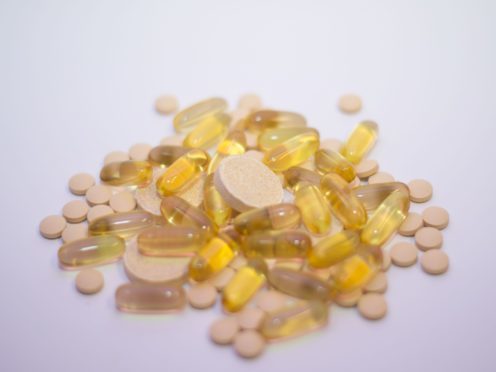Academics are aiming to tailor medicines specifically for children by using a 3D printer to create pills.
A new trial is examining the “swallowability” of placebo tablets among youngsters.
Placebo pills have been created by a 3D printer in different shapes and sizes which will be tested among youngsters aged four to 12.
Researchers from Alder Hey Children’s Hospital and the University of Central Lancashire said current system of administering medicines to children and young people poses a challenge – healthcare professionals and parents often have to choose between splitting tablets, designed mainly for adults, or using liquids to obtain the required dose.
But splitting tablets could result in inconsistent dosage, they said.
Professor Matthew Peak, co-director of Alder Hey’s Clinical Research Facility for Experimental Medicine, said: “Children and young people have increasingly expressed their preference for tablets as the best formulation for them to take medicines.
“Despite this expressed need, the pharmaceutical industry knows little about which size and shape of tablets are most acceptable to children and young people of different ages.
“The majority of medicines available to children have not been designed with children in mind or indeed tested in clinical trials involving children.”
Dr Mohamed Albed Alhnan, senior lecturer in pharmaceutics at the University of Central Lancashire, added: “We were looking for a low cost and effective method to digitise one of the most commonly used dosage forms – tablets.
“We have spent thousands of hours in the laboratories to adapt pharmaceutical grade materials to work on a benchtop 3D printer, so we can produce a personalised dose at a fraction of the size and the cost of regular tablet manufacturing facilities.
“This can transform the way tablets are made and tailored to suit an individual patient.”
